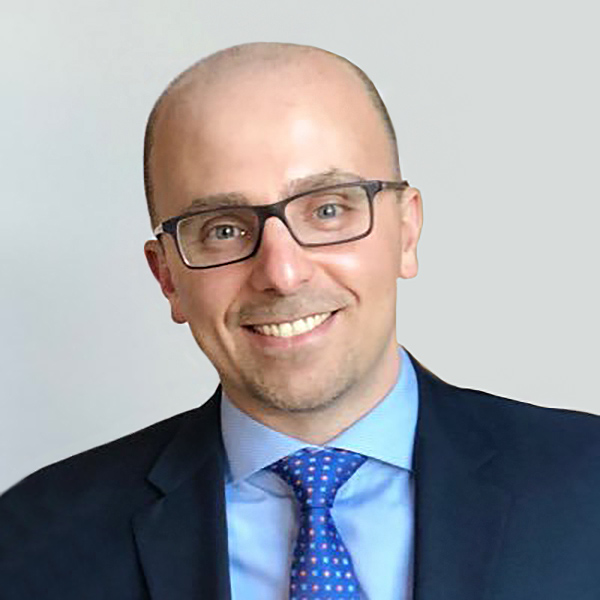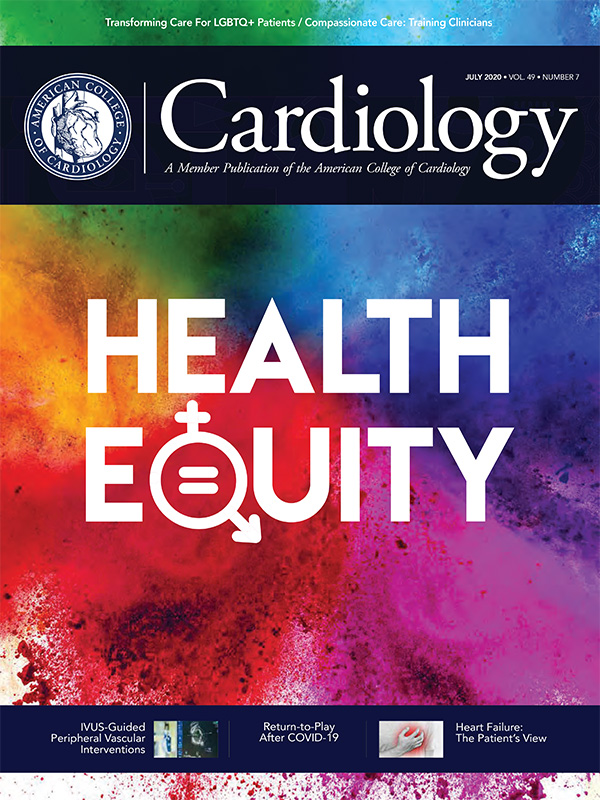Feature | Research For Early Career Interventional Cardiologists

Writing manuscripts, submitting grants and presenting at conferences in the first few years of clinical practice is hard to maintain without structure and appropriate support.
Here I'll review the challenges and propose some solutions for early career interventional cardiologists to help maintain their research activities while building a successful clinical practice.
During fellowship training, naturally the main focus is learning coronary artery interventions. Therefore, it's important to maximize your time in the cath lab. Especially during the first half of the 12-month fellowship, the main objective is to get in the lab and perform as many coronary interventions as possible.
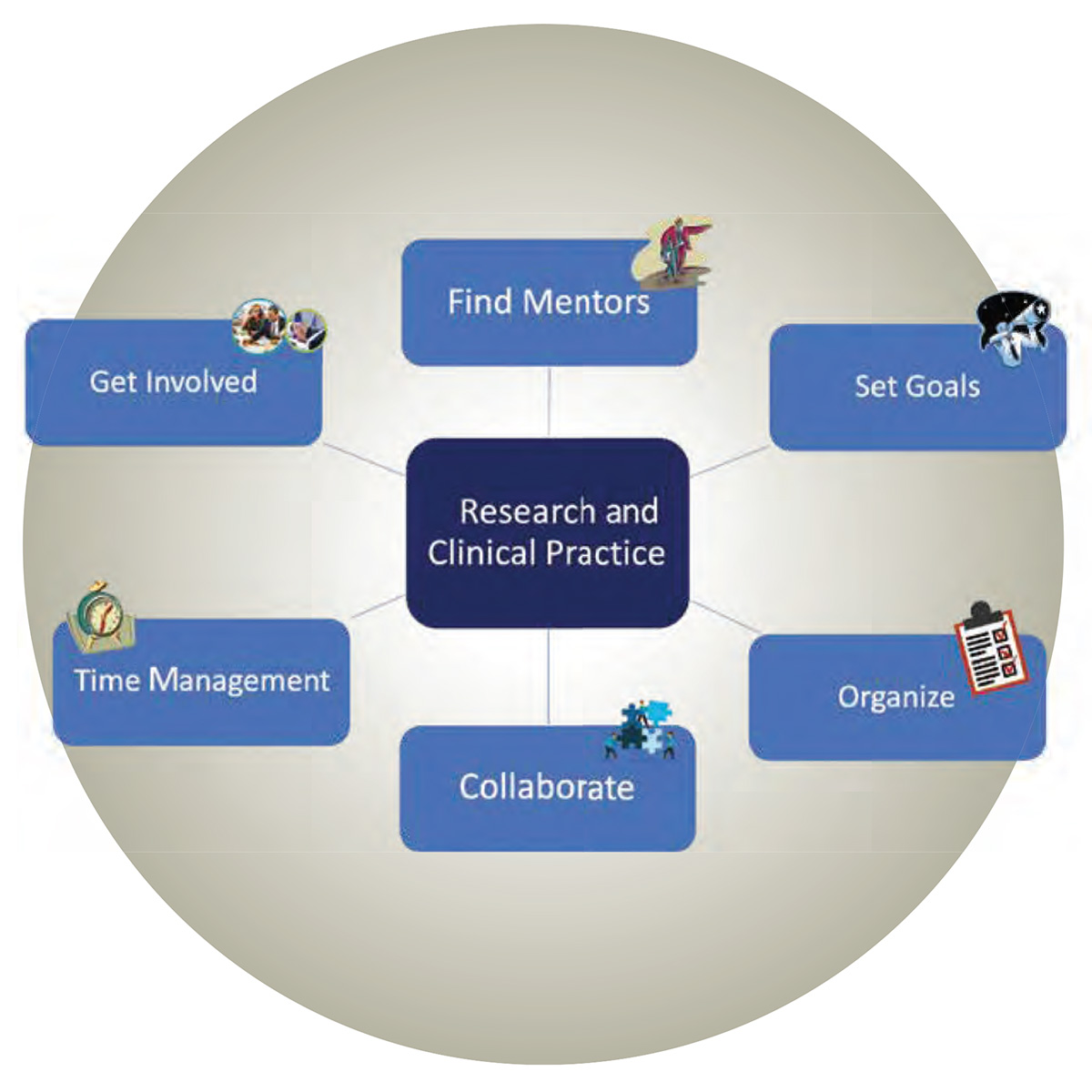
Typically, about midway through fellowship, time may be more open for conference travel (or nowadays, virtual conferences). The last part of fellowship is focused on looking for a job and setting up for a new career.
Clearly, time is limited for fellows to conduct research and write manuscripts unless a structured pathway for research was established during the general cardiology fellowship.
Similarly, there are many competing demands during the first years of your career, from building a practice, caring for patients and personal branding in your area of practice, as well as your home life and often a young family. Yet, a research career is possible with the appropriate support and strong infrastructure that allows for continuing to conduct research.
These ten tips helped me address these challenges early in my career and helped me to continue my research.
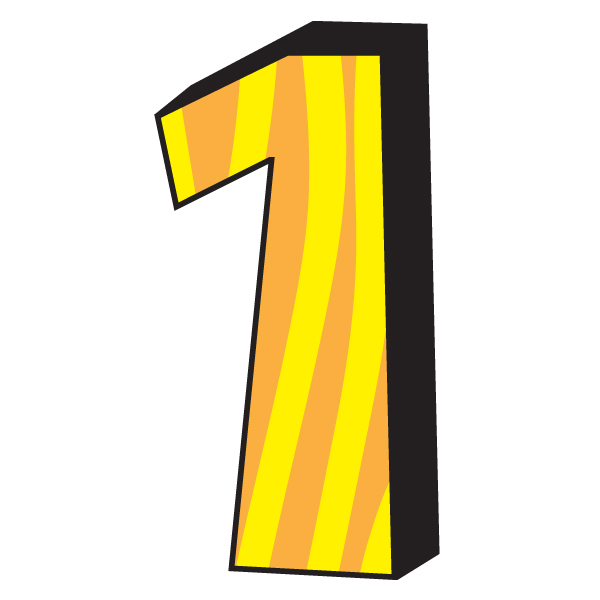
Clarify Your Five-Year Goals
Invest time, as much as you need, to clarify what you truly want to achieve in the first five years of your career. Everyone has different goals based on the practice setup, clinical responsibilities, institutional support, career interest and available time. I find it very helpful to write down career goals on a monthly basis and adjust them based on available time, clinical practice requirements and advice from mentors. A good way to identify your goals is to use the "SMART" formula, to establish Specific goals that are Measurable, Achievable, Relevant and Time-bound.
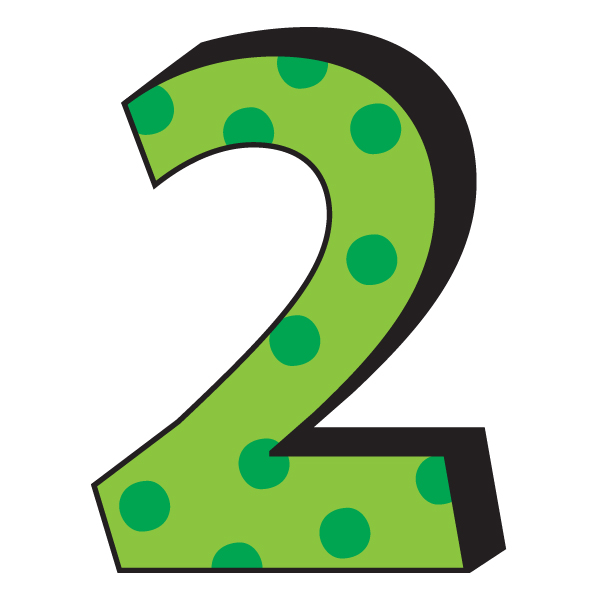
Find a Mentor
A good mentor is invaluable. And you may benefit from more than one, focusing on different areas. Mentors help with new research ideas, new opportunities for grants and keeping you on track. Mentors are important also for building your network and tips for professional development, and often have insights or hints on more efficient or streamlined ways to do something, often eliminating a lot of wasted time or struggle.

Be a Mentor
I find it rewarding to mentor others and teach them not just interventional cardiology, but also how to do research, write grants, present at national meetings and submit abstracts and manuscripts. Investing in medical students, residents and fellows helps you establish a research team that brings new ideas and new skills. This also makes your research duties easier, because you can delegate tasks to the appropriate team member.
As you build your team, be realistic in your expectations. Delegate specific tasks to each team member and spend time with the mentee to teach them and give them access to the tools needed to complete the tasks. An example is sharing templates of previously written manuscripts and posters or teaching how to use citation manager to build a bibliography for a manuscript.
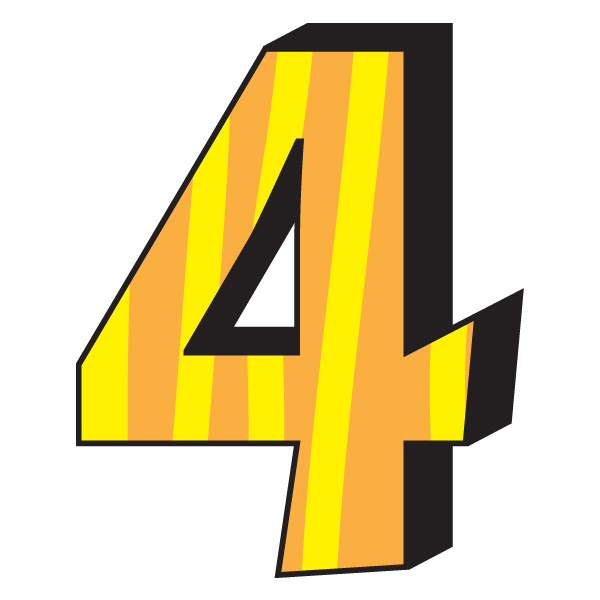
Be Organized
Schedule routine meetings with your research team to get updates, brainstorm new ideas, and plan for conference or meeting submissions. These meetings help resolve most questions. The frequency depends on your availability and whether the research team is onsite or offsite. Use the tools on your phone and computer to stay in touch with your team between meetings.
Consider using group messaging or WhatsApp groups to help address questions quickly and immediately. Google documents works well for writing and revising the manuscript and other documents jointly with a team member or another collaborator. A note of caution: do not share data through any of these online tools, because of the risk of violating patient privacy and HIPAA rules.
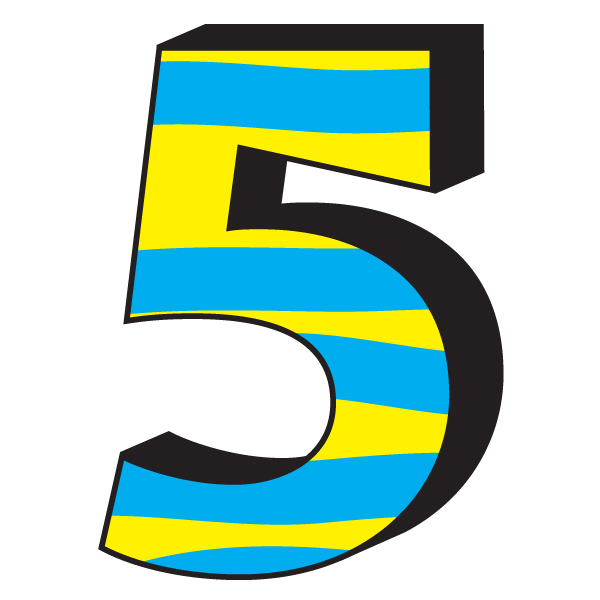
Time Management
It's hard to write a manuscript or review data output during clinic or between cases in the cath lab. I find early mornings and weekends are the best time to complete research tasks. The end of the day and after hours is another option. Find what works for you. It's practical to have your laptop in the clinic and in the cath lab to answer emails and questions, keeping you current and eliminating the need for this task during your designated writing time.

Don't Burn Yourself Out
It's great to be enthusiastic and passionate. However, learn how to make commitments that fit your schedule, clinical duties and home responsibilities. At the beginning, it's fine to say yes to every opportunity if you have free time. But, as you fine tune your clinical career and research interest, it's fine, and sometimes perhaps necessary, to say no to opportunities that don't serve your goals.
Therefore, it's important to revisit your goals and objectives every month to make sure you're on track. If possible, share this review with your mentor to gain more guidance. This will prevent you from burning out and putting yourself in a stressful situation with too many deadlines to meet along with a busy clinical practice.

Collaboration
Once you have established yourself and created a track record, it's helpful to ask to collaborate with other cardiologist in different institutions. This helps to expand your network and importantly fine tune your research skills and brainstorm new ideas, and may provide access to new databases.

Take Appropriate Risk and Accept Criticism
Accept feedback from mentors and collaborators and evaluate what you have learned to make sure you're on the right track to achieve your goals. Don't be critical of yourself for making mistakes. Remember, if you're not making mistakes, you're not trying new things.
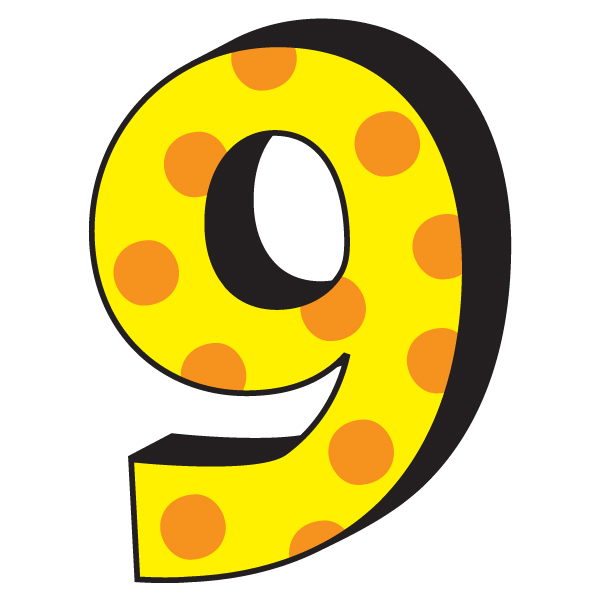
Get Involved
Get involved in professional societies. The state chapter of the ACC is an easy and quick way to get involved and volunteer. Send proposals for new working groups or educational activities to your ACC state governor who is more than likely happy to discuss and support you if you have the passion and commitment.
Also, apply to committees and councils that interest you at different societies, which could provide another opportunity to collaborate with experts in your field and potentially learn about available grants.
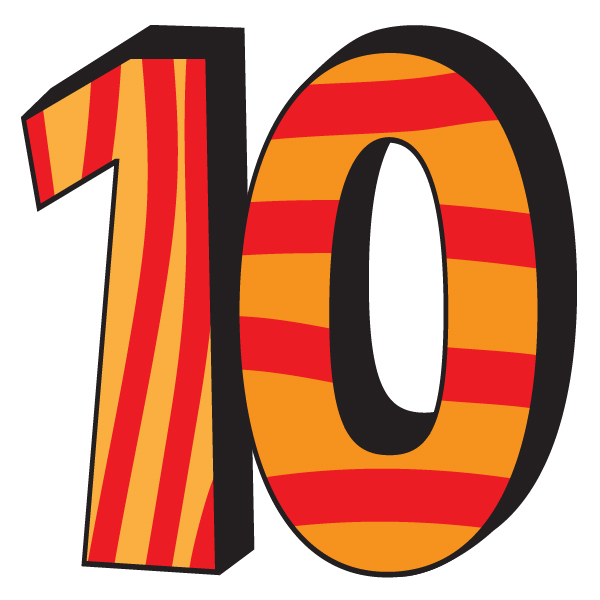
Expect to Fail
At first, everything is going to be difficult. Things might not work the way you want. Be ready for difficulties, obstacles, rejections.
However, stay focused, believe in yourself and your goals, have faith, surround yourself with the people who support you, have patience and keep nourishing your dream.
Clinical Topics: Sleep Apnea
Keywords: ACC Publications, Cardiology Magazine, Health Insurance Portability and Accountability Act, Mentors, Electronic Mail, Time Management, Students, Medical, Goals, Motivation, Privacy, Learning, Learning, Feedback, Medical Records, Mental Recall, Volunteers, Fellowships and Scholarships, Coronary Vessels, Aspirations, Psychological, Writing, Patient Care, Cardiology, Maintenance
< Back to Listings


